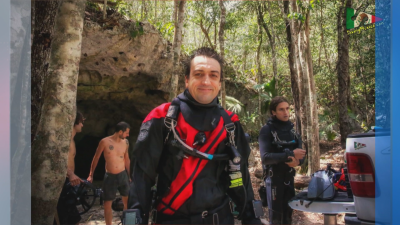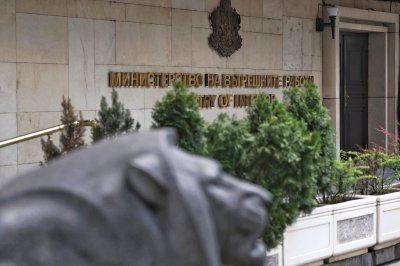On April 16, Bulgaria submitted a request to the European Commission to revise its Recovery and Resilience Plan (RRP) and to include a REPowerEU chapter. This was confirmed by the European Commission in Brussels.
The proposed REPowerEU chapter introduces three new reforms and four investment measures.
“The proposed reforms aim to strengthen the governance framework for energy poverty and prepare for retail market liberalisation, increase the transparency of connection procedures for new renewable and storage capacities, enhance the functioning of the balancing energy market, and facilitate the roll-out of demand-response measures,” the Commission said.
The proposal includes investments in areas such as the development of an information system for identifying energy-poor and vulnerable households, the promotion of renewable energy and electric vehicles use in the delivery of social services, and the deployment of additional electricity storage through the scale-up of an existing investment (RESTORE).
Bulgaria also proposes to remove or modify several measures across the plan while maintaining the intention to preserve the RRF funds allocated to Bulgaria.The proposed changes are linked to objective circumstances that impact the feasibility of carrying out the relevant measures as originally foreseen, the EC said.
Since some of the proposed modifications concern outstanding issues under the second payment request, on April 17 Bulgaria requested, in agreement with the Commission, to withdraw the payment request, with a view toto resubmitting it following the approval of the amended plan.
The Commission will now continue working with Bulgarian authorities to review the revised plan and assess whether it still meets the required criteria. If the assessment is positive, the Commission will propose an amended Council Implementing Decision, which EU member states will have four weeks to approve.
Bulgaria’s Recovery and Resilience Plan encompasses a wide range of investment and reform measures and is financed through €5.69 billion in grants.








 Чуй новините
Чуй новините Подкаст
Подкаст























